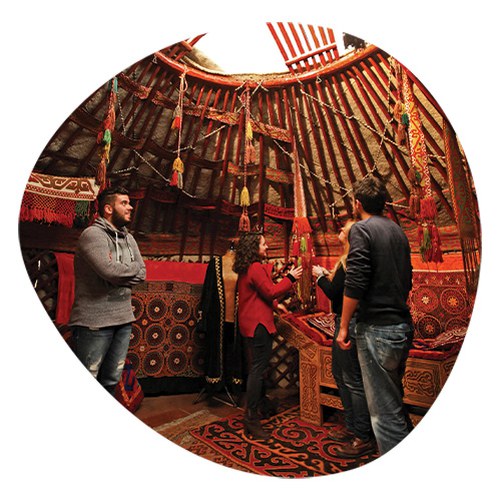
Understanding and valorizing cultures, religions and heritages between the East, Africa and the Americas.
News, events, and notices for your studies
Do you play the piano or the organ? Find out how to take part in the activities of the Collegium Musicum. Apply by 1 March.
The International Research Institute ARCHIVIO DISARMO announces 2 awards for theses on antagonisms, discrimination, and conflict management. Deadline: 30 March 2026.
Rotary District 2072 launches a competition aimed at promoting original project ideas in the cultural field (art, architecture, design, music, and theatre). Deadline: 28 February 2026.
The Department of Intelligence and Security is launching an award dedicated to the best master’s theses on topics of interest to the intelligence community. Deadline: 15 April 2026.
¿Eres un estudiante latino-americano y te interesa estudiar en Italia? El 21 de abril, descubre lo que significa estudiar y vivir en Unibo. Inscríbete y participa
Generali Italia announces two degree awards on the topic of corporate welfare and its impact on family and community. Deadline: 30 April.
Who it's for: Studio dal secondo anno in poi
Deadline: 18 mar 2026, 15:00

To enter the world of work, the knowledge you gain during your studies is not enough on its own. You also need the right tools and strategies to turn what you know into effective applications, strong interviews and concrete opportunities.